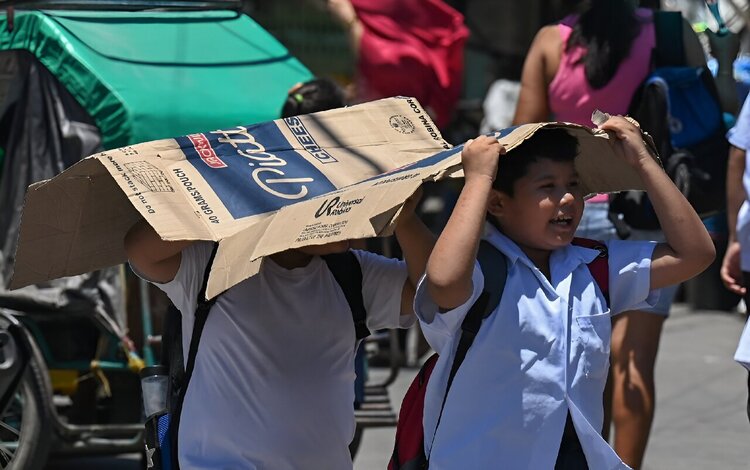As temperatures surge and the heat index reaches concerning heights, numerous local government units (LGUs) throughout the Philippines have taken the prudent step of suspending face-to-face classes for Thursday, April 11, 2024. This decision is aimed at prioritizing the safety and well-being of students, teachers, and school staff amidst the blistering heatwave.

The Department of Education (DepEd) has been proactive in addressing the challenges posed by extreme weather conditions. With the anticipated heat index expected to exceed 40°C, DepEd has encouraged schools to adopt alternative delivery methods such as online learning and modular approaches. This flexibility enables the continuity of education while shielding individuals from the adverse impacts of intense heat.
According to the Philippine Atmospheric, Geophysical, and Astronomical Services Administration (PAGASA), several areas are forecasted to endure dangerously high temperatures on Thursday. Among the regions classified under the “danger category” are Dagupan City in Pangasinan, Bacnotan in La Union, Puerto Princesa in Palawan, Aborlan in Palawan, and Roxas City in Capiz.
In Metro Manila, LGUs like Caloocan City and Makati City have implemented adjustments to class schedules. Caloocan City has relocated its daycare programs to center-based venues, while Makati City has shortened class hours to alleviate the effects of the heat. Private schools within these areas are granted autonomy to decide whether to suspend classes or opt for alternative learning methods.
Elsewhere in the country, LGUs in regions such as Bicol, Cagayan, Central Luzon, Ilocos, Visayas, and Mindanao have also announced class suspensions or adjustments. These measures include transitioning to online learning, asynchronous classes, and modular instruction to ensure the safety of students and faculty members.
Private schools, as outlined in Department of Education Order No. 37 series of 2022, have the authority to suspend classes provided they possess adequate facilities to accommodate onsite learning during extreme weather conditions.
In addition to class suspensions, LGUs have issued advisories urging the public to stay hydrated and take necessary precautions to prevent heat-related illnesses. Individuals must consume ample water, avoid prolonged sun exposure, and seek shade or air-conditioned areas when necessary.
As the nation confronts the challenges posed by rising temperatures, cooperation among government agencies, educational institutions, and the public is paramount in safeguarding the welfare of everyone, particularly vulnerable sectors such as children and the elderly. By prioritizing safety and implementing proactive measures, we can navigate through these adverse weather conditions while continuing to pursue education and development in our communities.
